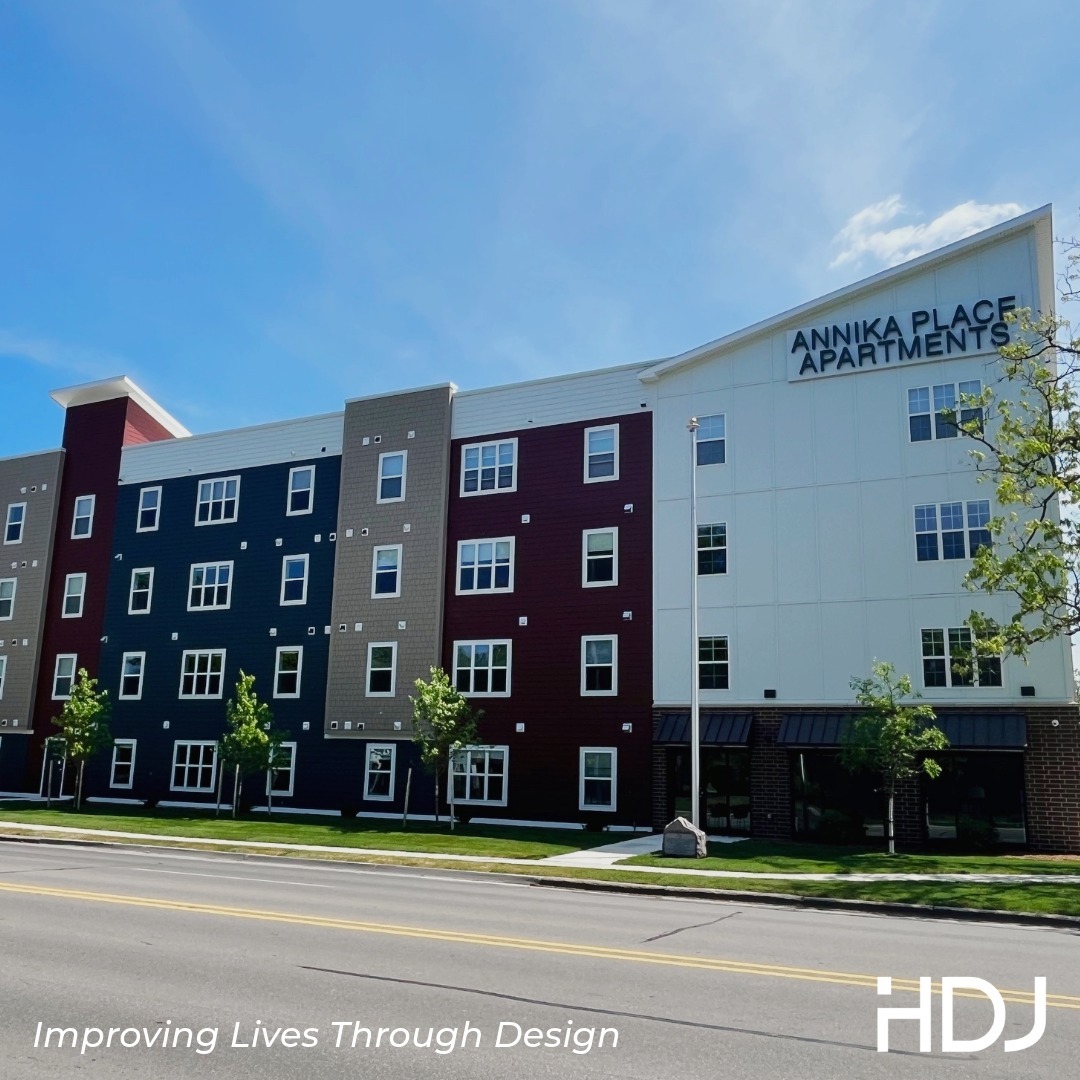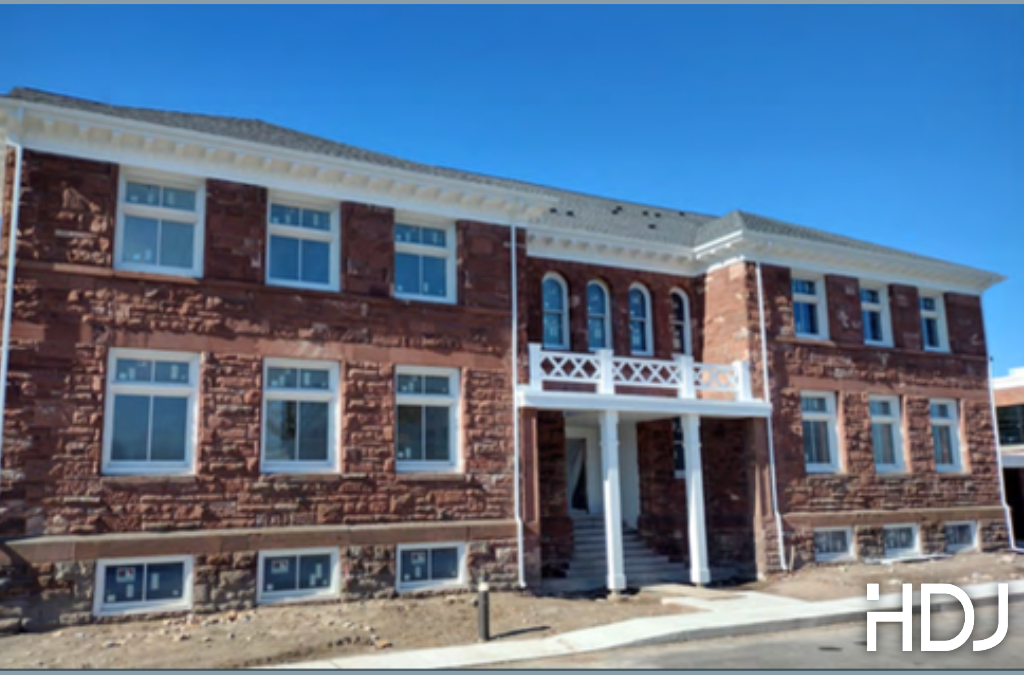The costs associated with submitting a 4% or 9% Low Income Housing Tax Credit (LIHTC) application can be daunting. As equally daunting are the significant expenditures needed to get to a closing. Developers must cover a variety of soft costs including legal fees, market studies, option fees, architectural and engineer fees, application fees, and many other costs needed to underwrite and verify the viability of a project. These pre-development costs can be difficult to cover for any developer, but in particular for non-profit developers. The good news is that there are resources available, especially for non-profits.
Pre-development funds are provided as either loans (forgivable or non-forgivable) or grants. The type of financing often depends upon the risk of the transaction. Factors that go into the providers decision include the strength of the sponsor, status of the deal (if there is an award in hand the risk is considered much lower), collateral (typically assignments of the award, the developer fee, a deed if land has been purchased, etc.).
Pre-development funds are a great source for assistance in paying soft costs. Providers of these funds can be categorized as follows:
- Syndicators: Many will provide loans after an award is received. Fees and interest are often waived once the transaction closes. Many syndicators have these programs as an incentive to encourage a developer to work with the Syndicator and have their loan products listed on their websites other do them on an as requested basis. Give them a call and ask.
- State Housing Allocating Agencies: Funds may be available for pre-application costs. Some agencies set aside small amounts Housing Trust Fund, CDBD or HOME dollars to provide grants to non-profits. Give your State a call and ask what they have. Even if they don’t have funds available, they can often point you to a source that can help.
- Local Community Development Agencies: In communities that encourage development, especially affordable housing, a municipality or local non-profit development agency may have grant dollars to help cover costs. Talk to the city planner’s office about what is available. Even if they don’t have dollars available, they can often point to you someone else that does.
- Other Sources: Community Development Financial Institutions (CDFIs) such as Enterprise Community Partners, the Low Income Investment Fund, the Local Initiatives Support Corporation, and other non-profits help cover pre-development costs. A growing number focus on the acquisition of existing affordable housing. Loans are provided to purchase and preserve affordable housing. The loan is fairly short term but allows enough time to submit an application and close on the transaction.
Balancing pre-development costs is challenging, because while some costs can be deferred, most can’t be. In addition, to build capacity a developer might have multiple projects in the pre-development stage. It is important for a developer to build relationships with a number of pre-development fund providers. Pre-development dollars can take a large financial burden off a developer to cover some of the fees from their soft cost service providers.
HDJ, Inc. is a leading national design firm providing architectural and engineering expertise to support the affordable housing industry (LIHTC) throughout the United States. HDJ’s diverse portfolio includes successful outcomes with adaptive reuse renovation, acquisition rehab, new construction, historic preservation and RAD. Contact HDJ to learn more about how we can support your affordable housing needs.




